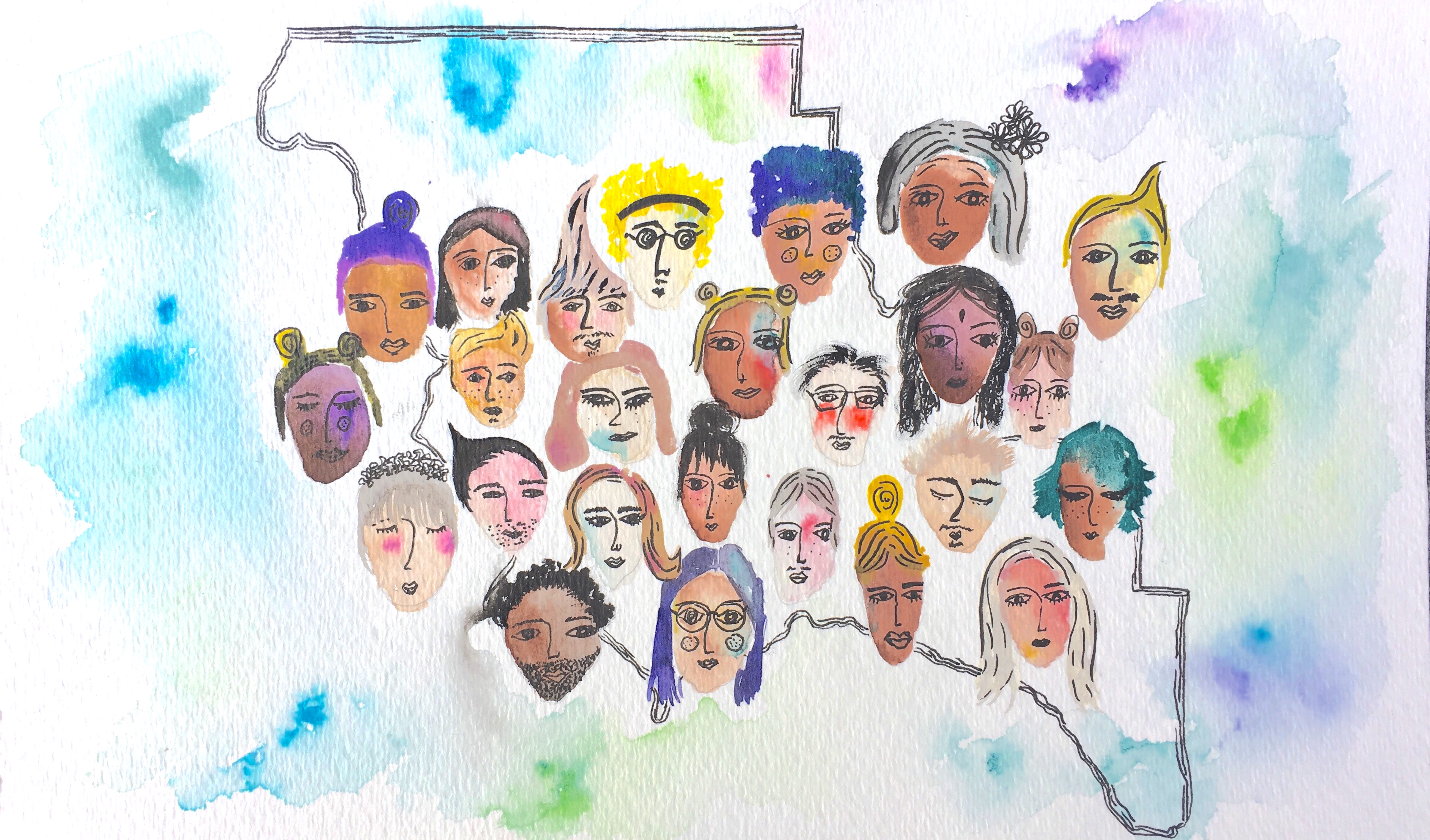Localizing Uncomfortable Conversations About Race

As the killing rates of unarmed black men have been on a steady rise, media tensions took over national news. The Black Lives Matter movement hit the streets to protest violence and systematic racism. Concerned voices inspired counties across America to stand up against the racial profiling felt in their local communities.
It is no secret that San Luis Obispo’s population is predominantly white. Seeing a person of color while roaming through the streets of downtown is relatively rare. According to the Cal Poly’s Fall 2015 Fact Book, the black student population is less than one percent. The fact is that the numbers have not dramatically increased over the years, and the lack of diversity is clearly felt on campus.
RACE Matters SLO County is bringing conversations about the lack of racial presence to life in their community. A group of volunteers has recently brought dialogues about national racial tensions to a local scale in San Luis Obispo. The steering committee of RACE Matters SLO County started gathering in August as concerned citizens that wanted to be stewards of change for positive race relations. They connected around the Black Lives Matter banner at the Unitarian Universalist Fellowship of San Luis Obispo and after just a few months of meeting, they reached a group focus, name and potential events for their future. From there, they launched their Facebook page to involve residents of San Luis Obispo.
Race Matters SLO County’s mission is to engage the community in matters of racial justice through educational workshops, direct action and dialogue.
“We want to create a space for marginalized groups in the San Luis Obispo since it’s a pretty homogenous community. We want them to feel safe and feel heard,” said Courtney Haile, a co-founder of the organization.
Although RACE Matters SLO County came together in support of Black Lives Matter, they stand with all minorities in San Luis Obispo County, such gay community and religious minorities. The goal is to create a hub for people where they can talk about serious issues or trauma on a local or national scale.
“We can be in a bubble in San Luis Obispo and it seems like these national headlines don’t effect us so it’s not talked about,” Haile said. “That is why we felt a need to come together and create a space for people who want to talk about these things”
On December 3rd, Race Matters SLO County held their first workshop, called “A Conversation About Race in America.” About 75 people ranging from college students to senior citizen came together at the Unitarian Universalist Fellowship.
This guided discussion started with a series of national and local feature videos about racial awareness. The audience then broke off into groups where they covered topics such as being white and what that means in San Luis Obispo.
“One of the first comments in the discussion groups was, ‘I’m afraid that I’m going to offend someone right now. If see a black person, I don’t know if I’m being too friendly or not friendly enough and I don’t want to come off as being racist,’” Haile said.
Talking about racial relations in communities where diversity is not often addressed can be uncomfortable, but the focus of this discussion was to bring out topics that some people may never have openly talked about before.
In order for San Luis Obispo to be a model of justice for its surrounding communities, residents have to talk about racial relations instead of living in fear of sounding politically incorrect. Living in silence doesn’t create a catalyst for change.
Race Matters SLO County is planning future events to raise awareness of how local conversations can make a difference in their communities.
Barbara Levin is a KCPR staff member and Cal Poly journalism senior. Camila Gonzales created the art. She’s a KCPR staff member and Cal Poly journalism sophomore.


